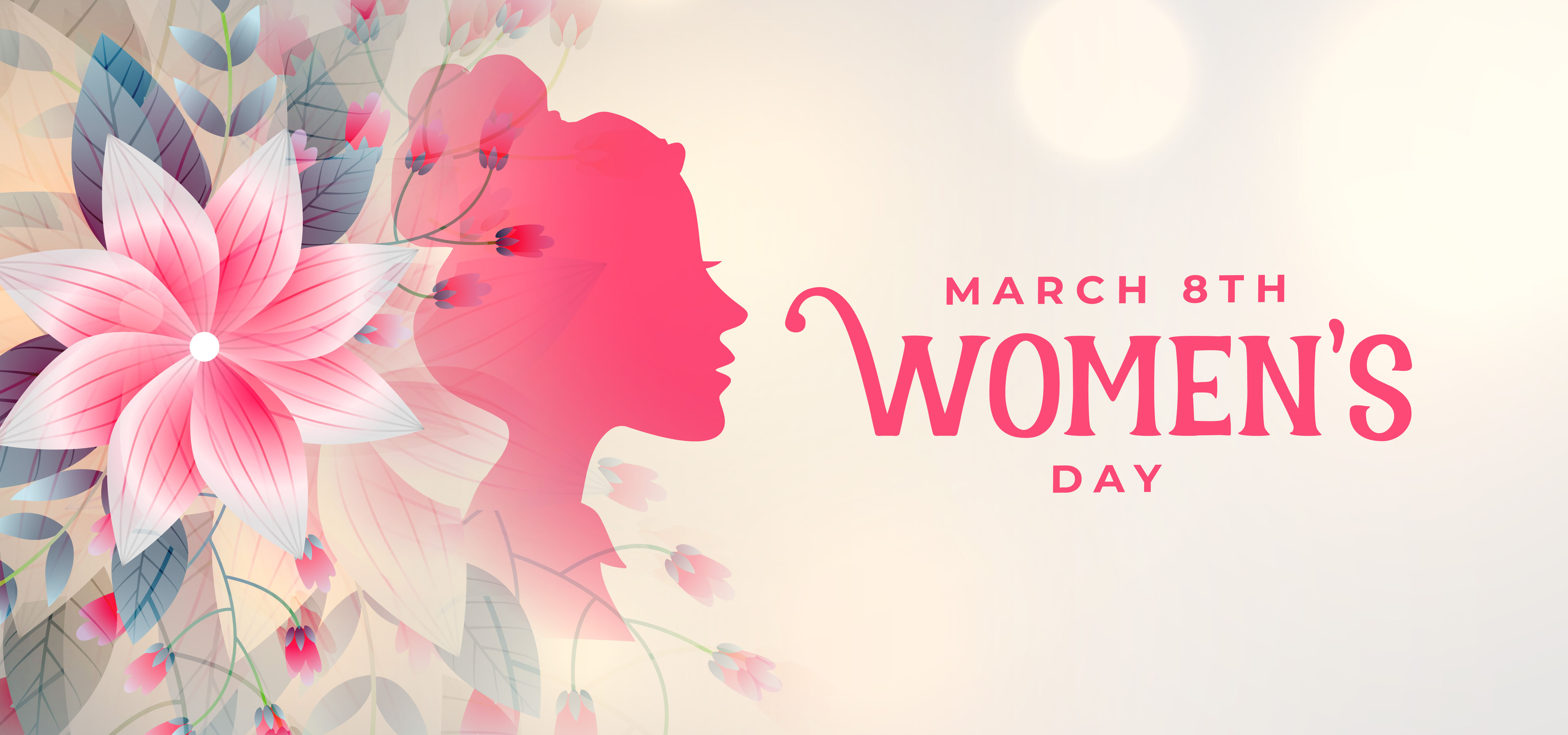100 Whatsapp Messages For Women’s Day Wishes In English
100 Whatsapp Messages For Women’s Day Wishes In Hindi

First Women’s Day

“Extremists have shown what frighten them most: a girl with a book” – Malala Yousafzai
Women’s importance in lives of men and the world as a whole came to be acknowledged and recognised only when oppressed women fought for themselves a century back. The international Women’s movement that we celebrate today on 8th of March every year dates back to 28th February 1909 when the first National Woman’s day was observed in United States. In light of the 1908 garment workers' strike in New York, where women protested against oppressive working conditions, poor pay and inequality, the Socialist Party of America designated the 28th of February as Women’s Day in honour of women’s fight for rights, the following year.
Officially, the first International Women’s Day was observed on 19 March, 1911 in Austria, Denmark, Germany and Switzerland. This decision to reach a date when Women’s Day will be commemorated internationally happened in 1910, at the second international conference of working women held in Copenhagen. Clara Zetkin, leader of the Women's Office for the Social Democratic Party in Germany, demanded a single date be chosen which shall be designated to women and commemorated globally. Her decision was unanimous and on 19th March the following year, the first International Women’s Day was solemnized. On this day more than a million men and women attended rallies. They demanded women’s right to work, to vocational training and to indiscriminate behaviour in job fields along with right to vote and to hold public office.
Until 1913, the last Sunday of February was celebrated as National Women's Day in the US. Against the backdrop of World War I, Russian women campaigning for peace also observed their first International Women’s Day on the last Sunday of February in the same year which fell on 8th of March on the Gregorian calendar. The following year, on or around 8 March, women in Europe held rallies to both protest against the war and to express cohesion with other activists.
As Russian women continued their march demanding their right to vote and be treated as equal to men, the then emperor of Russia, Czar renounced his throne in early 1917. Following the ruler’s abdication, the provisional Government granted women the right to vote.
The history of women’s fight to their rights and proper treatment gave birth to growth of the international women's movement since those early years. Many years hence, in 1945, the Charter of the United Nations was signed. It is the first international agreement that asserted the belief of equality between women and men. Since then UN and its technical agencies have promoted the involvement of women in achieving peace, security, growth, and respect for human rights as equal partners with men. The UN elected 1975 as International Women's Year and gave official sanction to the movement. All its member countries too started observing the movement on 8th of March every year since then. Women empowerment prevails to be an important feature of the UN's efforts to attend to social, economic and political challenges throughout the world.
- Women’s Day History
- Significance of Women’s Day
- Women’s Day Story
- UN Themes for Women's Day
- UN Day for Women's Rights
- International Women’s Day
- Rio Olympic 2016
- First Women’s Day
- Women’s Day Wishes
- Women’s Day Messages
- Women’s Day Quotes
- Women’s Day Whatsapp Messages
- Popular Sayings for Women’s Day
- Women’s Day Greetings
- Women’s Day Poems
- Women's Day Essay
- Women’s Day Speech
- Top 10 Richest Women in The World
- Women’s Day Speech in Hindi
- Women’s Day Prayers
- Women’s Day scraps
- Women's Day Images
- Women’s Day Gifts
- Most Inspiring Women in History
- What is International Women's Day
- Facts About Women's Emotions
- 50 Most Inspirational Women Worldwide
- Famous Female Athletes
- Biographies of Inspiring Women
- Mother's Day Messages
- Mother's Day Quotes
- Mother's Day Poems
- Mother's Day Wishes
- Mother's Day in UK
- Women in Indian Army



